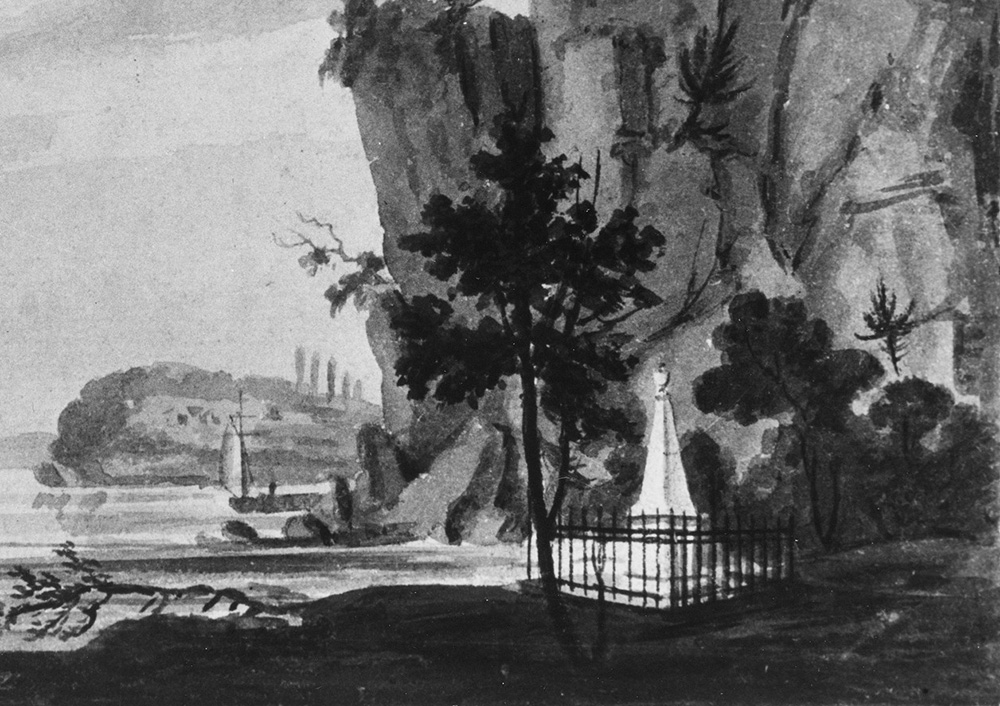From The Essential Hamilton: Letters & Other Writings

Two hundred twenty years ago, on July 11, 1804, the most infamous duel in American history took place, ending the life of former Secretary of the Treasury Alexander Hamilton and ending the political career of Vice President Aaron Burr.
It all started with a letter in a newspaper and an argument over the nuances of a single word.
On April 24, 1804, a letter from Federalist politician and lawyer Charles D. Cooper was printed in the Albany Register, in which Cooper summarized speeches given by Hamilton and others against the nomination of Burr as a candidate for New York governor. He reported that Hamilton and an ally had “declared, in substance, that they looked upon Mr. BURR to be a dangerous man, and one who ought not to be trusted with the reins of government. . . . I have made it an invariable rule of my life, to be circumspect in relating what I may have heard from others; and in this affair, I feel happy to think, that I have been unusually cautious—for really sir, I could detail to you a still more despicable opinion which General HAMILTON has expressed of Mr. BURR.”
Hamilton had been thwarting and insulting Burr for years, but this seemed to have been the last straw, and Burr demanded a public apology. In response, Hamilton argued that neither Cooper nor Burr had identified what statement he had said that was “more despicable,” and anyway it depends on what one thinks is despicable. “He [Cooper] affirms that I have expressed some other still more despicable; without however mentioning to whom, when, or where. . . . Between Gentlemen, despicable and more despicable are not worth the pains of a distinction. . . . I stand ready to avow or disavow promptly and explicitly any precise or definite opinion, which I may be charged with having declared of any Gentleman.”
The argument deteriorated from there until Burr requested that Hamilton apologize for every insult he’d ever made against him. After Hamilton was killed, an explanation of his decision to engage in the duel, as well as two letters to his wife, Eliza, were discovered among his papers, and we reprint these documents as our Story of the Week selection.



